Understanding Resistivity Meters
A resistivity meter is an essential instrument in the field of electrical testing, designed to measure the resistivity of various materials. This tool is crucial for professionals who need to assess the electrical properties of components and systems, ensuring they meet the required standards and perform reliably.
Types and Applications of Resistivity Meters
The market offers a diverse range of resistivity meters, each tailored to specific applications. For instance, an earth resistance tester is indispensable for checking ground electrode system integrity, while a micro ohm meter is ideal for low resistance measurement, often used in switchgear and circuit breaker contacts. On the other hand, a megohmmeter, also known as an insulation tester, is used to measure high resistance values, typically in insulating materials.
Features and Capabilities
Resistivity meters come with various features to cater to different industrial needs. A milliohm meter offers precision in measuring small resistances, which is crucial for quality control in manufacturing. Some models are designed for portability, allowing easy transport and use in field conditions, while others are more suited for laboratory or production line environments, providing high-speed testing capabilities. Features like noise-resistant measurement enhancements and durability are also available, depending on the model.
Advantages of Using a Resistivity Meter
Utilizing a resistivity meter can lead to significant benefits in business operations. By accurately measuring resistance, these devices can help identify potential electrical issues, contributing to lower energy consumption and operational costs. Moreover, compliance with regulations can be more readily achieved through regular testing, ensuring that electrical components and systems are within the specified resistance ranges.
Materials and Construction
The construction of resistivity meters often involves robust materials that can withstand the rigors of both field and industrial environments. Probes and leads are typically made from durable metals and insulating materials that offer both longevity and accurate measurement. Some meters also feature protective casings to prevent damage from drops or exposure to harsh conditions.
Selecting the Right Resistivity Meter
When choosing a resistivity meter, it is important to consider the specific requirements of your application. Whether you need an earth resistivity tester for geological surveys or a ground resistance tester for electrical system safety, Alibaba.com hosts a wide array of options. It is recommended to contact suppliers directly to request more information, ensuring that the chosen meter aligns with your measurement needs.



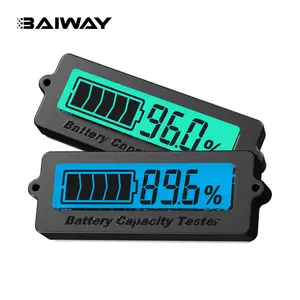





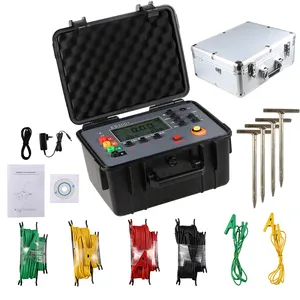
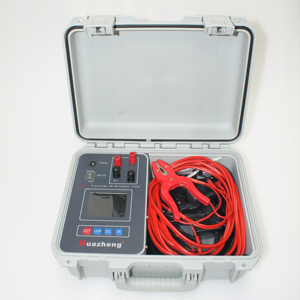


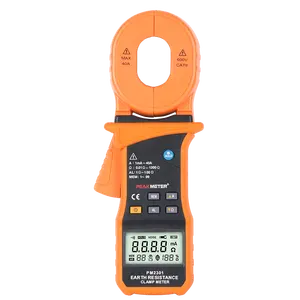


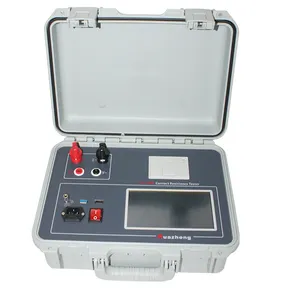


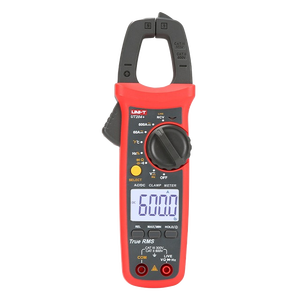









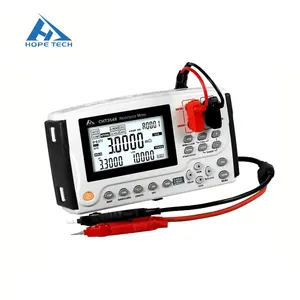








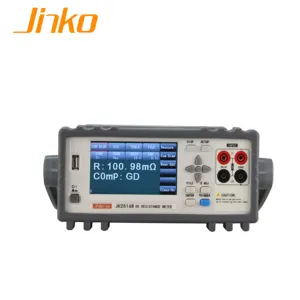
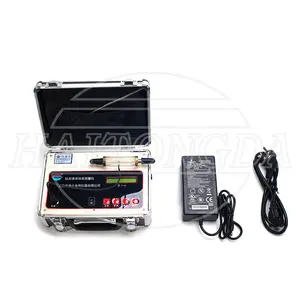








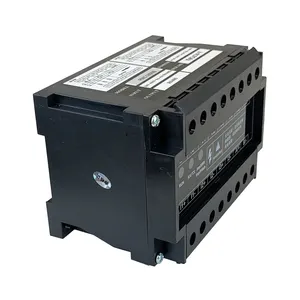

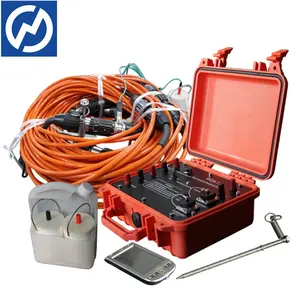




















 浙公网安备 33010002000092号
浙公网安备 33010002000092号 浙B2-20120091-4
浙B2-20120091-4